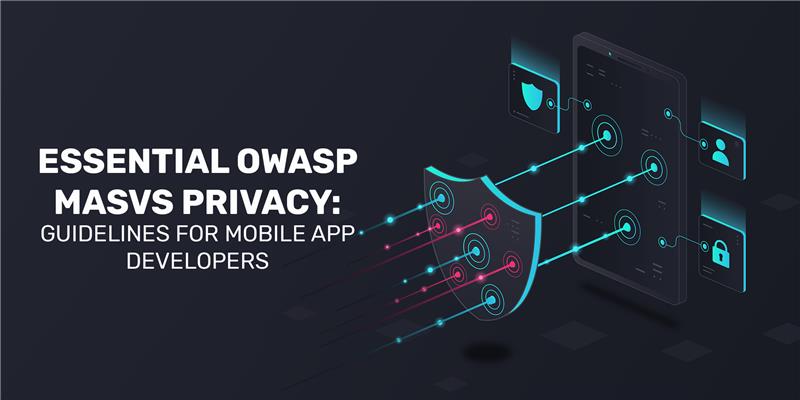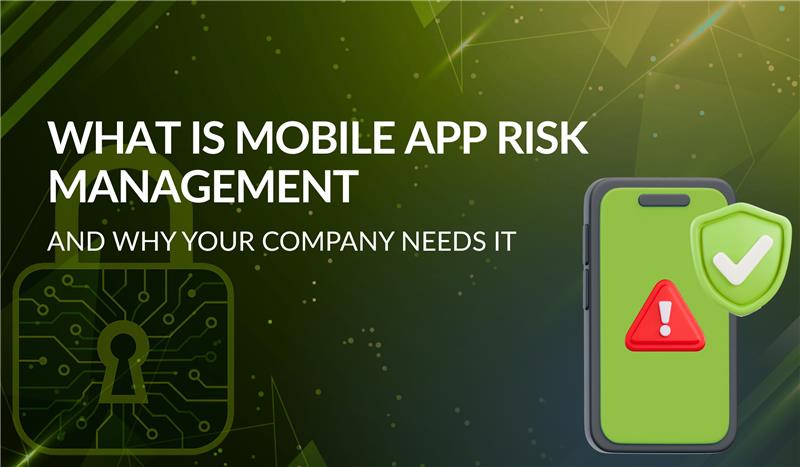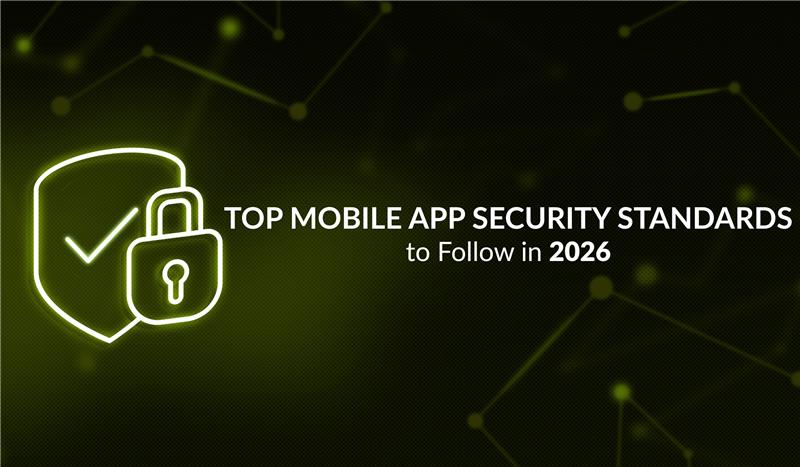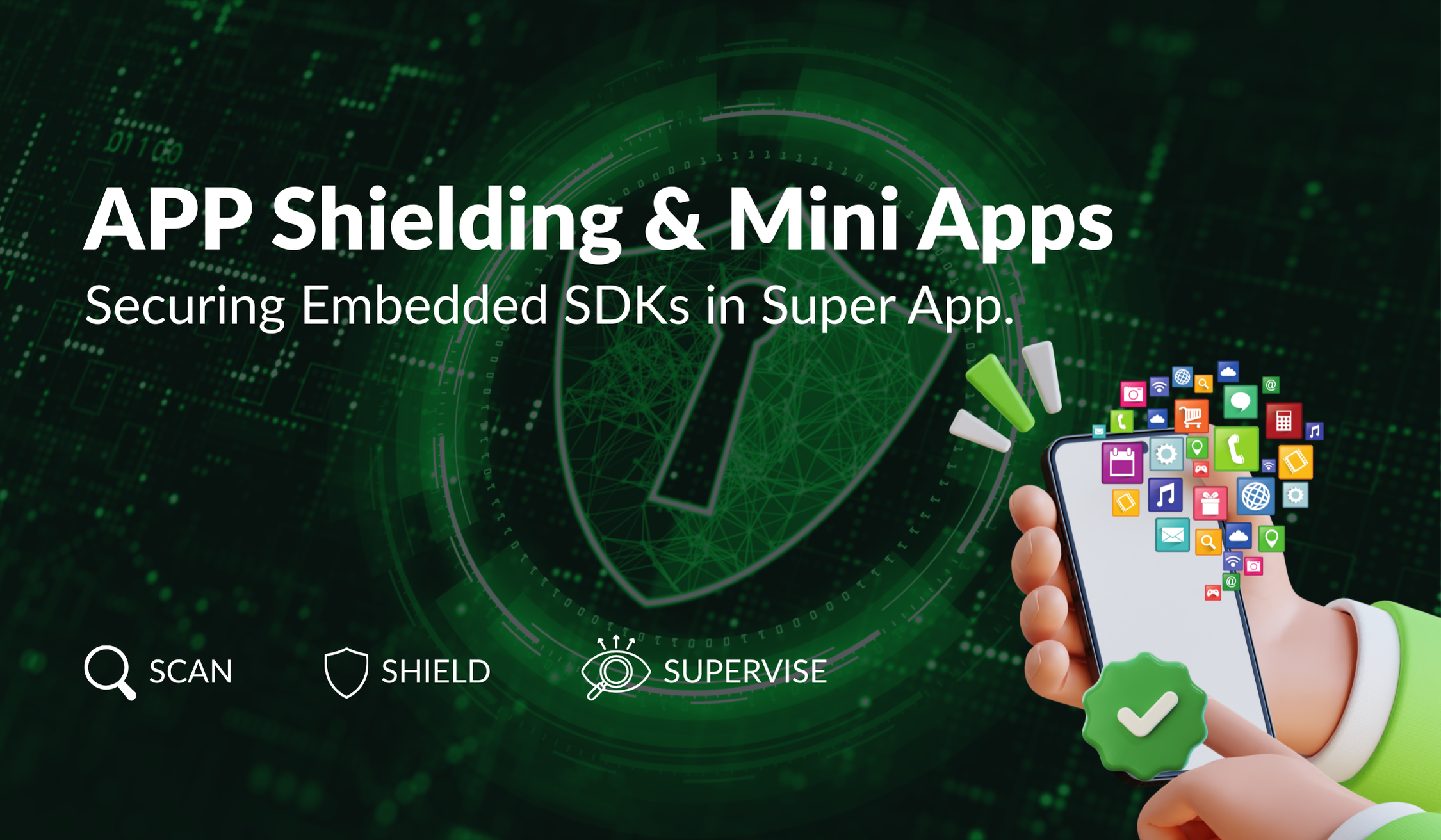Mobile application developers and product managers need to reconsider how they handle applications security. It should be done not only on a technical basis but also from a human perspective; they want their personal information to be treated with care, and they increasingly are speaking out about their concerns over privacy. Similarly, regulators are focusing increasingly on this issue and making rules over data protection.
The good news is that the most recent updates to the Open Worldwide Application Security Project (OWASP) Mobile Application Security Verification Standard (MASVS) now give very clear rules on how companies can improve their privacy practices. These changes will help developers ensure their apps only collect important data, keep it safe, and allow users more control and understanding of how their information is used.
In this blog, we will dive into how the OWASP MASVS privacy requirements can help create mobile apps that not only meet privacy expectations but also build trust with users, fostering stronger relationship and protecting the brand’s reputation.
What is OWASP?
OWASP is non-profit organisation, originally founded to make software safer. It provides free sources, tools, and community projects for you to get helpful information on application security. Quite a few people must be aware of OWASP and how it helps to teach developers, organisations, and security experts about the best practices and the latest in security threats.
OWASP MASVS
Mobile applications handle many sensitive data types, such as secrets, cryptographic material, personally identifiable information (PII), and API keys, and often need local storage.
This category is designed to help developers ensure that any sensitive data that the app intentionally keeps is sufficiently safeguarded, regardless of the intended location. Additionally included are unintentional leaks that could result from improper use of system capabilities or APIs.
Quixxi protection will check for any personally identifiable information and validate all data, both in transit and at rest, to provide total data protection.
MASVS-STORAGE
Mobile apps deals with a variety of sensitive information types, such as PII, cryptographic material, secrets, and API keys, which usually must be stored locally. No matter where it is destined for use, this category helps developers to ensure that whatever sensitive data an app saves is well protected. It also covers accidental leaks that could happen with wrong usage of APIs or system features.
MASVS-CRYPTO
Mobile devices are lightweight and therefore easily carried, increasing the chances of theft or loss. Due to this factor, cryptography is very important when it comes to mobile applications. This basically means that private information stored on a device, such as passwords, bank details, and personal information, can be accessed by any person who gets physical access to the device. Cryptography can protect such sensitive information through the process of encryption, which makes it difficult for unauthorised users to read or access it.
Quixxi Security-Scan will search for hash methods that may be weak. It will search Secure Hash Algorithms, Message Digest 5, and many more.
MASVS-AUTH
Most mobile applications require a user to log in and obtain permission, especially those that connect to a remote service and it prevent unauthorised access to personal user information and provide an extra layer of safety. In using related protocol safely, the app must follow important best practices, even though the rules must be enforced on the remote endpoint.
MASVS-NETWORK
The biggest area of mobile application security involves safe net working, specifically applications that communicate over the wire. In many cases, developers use encryption and authentication of remote endpoints using TLS to ensure the privacy and accuracy of the data being transmitted. However, there are numerous ways a developer can inadvertently disable security settings on the platform or bypass them using low-level APIs or third-party libraries.
SSL Pinning
Quixxi Security-Shield offers SSL pinning. This protects against Man-In-The-Middle (MITM) attacks and secures communication from one device to another and with the client server. The engine will search for trusted certificates and SSL pinning during Quixxi Security-Scan.
MASVS-CODE
The UI, IPC, network, and file system are just some of the myriad ways mobile apps can take in data that may have been changed by people who should not be trusted. Developers can prevent common attacks like SQL injection, XSS, or unsafe deserialization by treating this data as untrusted input and checking and cleaning it properly before using it.
But with safe design and coding practices, it can also prevent other common coding problems, like memory corruption-related ones, that are quite hard to detect at the testing stage. So, with its features removal of hardcoded strings and application logs – Quixxi security guarantees source code safety against reverse engineering. To block SQL injections, Quixxi Scan performs checks for raw SQL queries.
MASVS-PLATFORM
The interactions of mobile apps with the mobile platform are usually done by WebViews and IPC mechanisms provided by the platform for better user experience, which strongly affects their security. But if these features are exploited by attackers or other installed programs, then the security of the app itself could be compromised.
Quixxi Security has some security features of the platform. The app uses the user’s interface safely with tools like screen recording and screenshot blocking.
MASVS-RESILIENCE
Code obfuscation, anti-debugging, anti-tampering, and all other security techniques may be considered of high importance in making an application difficult to reverse engineer and protection against some possible attacks. These methods will make it hard for a hacker to reverse engineer and steal sensitive data or important ideas from the application by adding multiple layers of security into it.
This might lead to:
- Lost or theft of critical company property, including but not limited to trade secrets, bright ideas, or customer information; or significant financial losses resulting from lost sales or legal issues
- Damages to one’s reputation and legal standing due to not following rules or contracts
- Negative news or unhappy customers harming a brand’s image or identity.
Anti-tempering features of Quixxi Shield, part of MASVS, prevent applications from trying to tamper with the integrity check. In the case of reverse engineering, business logic is protected through Quixxi’x code obfuscation. Anti-dynamic analysis includes custom keyboard usage detection in Quixxi.
Overall, Quixxi Security provides full data security through the verification of all data, against personally identifying information. The powerful protection meets OWASP MASVS standards for privacy and helps developers create mobile apps that not only meet privacy guidelines but also build customer’s trust, strengthen ties, and protect business reputation.






